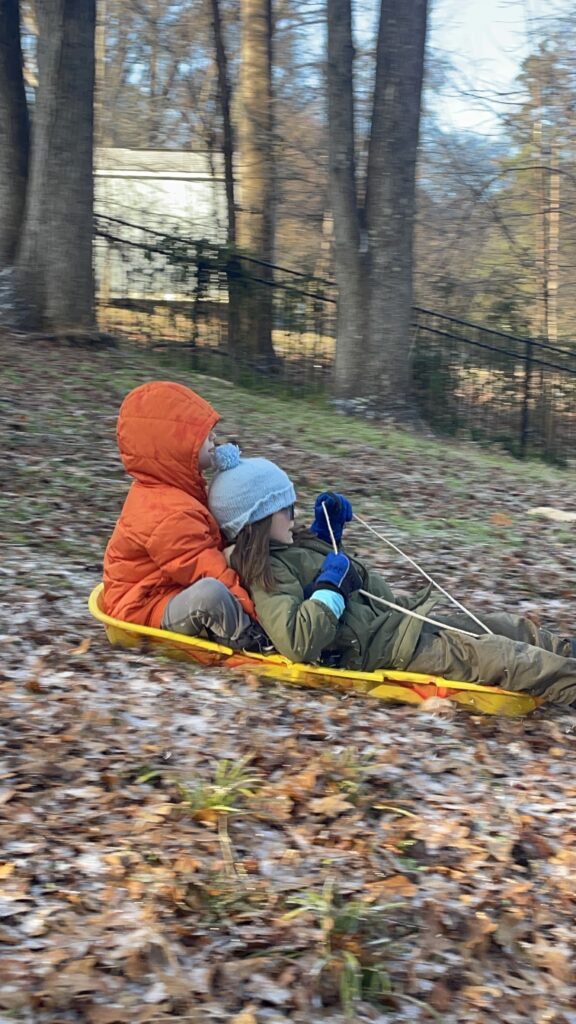By Ashlie Miller
Sometimes, the daily memories feature on Facebook catches me off guard. Does that ever happen to you? You post something of great importance, worthy of sharing with the world, or at least your “friends,” and when it pops up later as a memory, you say, “Oh yeah, I forgot all about when my cat did that, or I had that burger at that one place.”
Sunday morning, I was surprised when I noticed my memory feed featured a video I had shared a few years ago. A video of me. I am not an influencer nor share home videos, but something happened five years ago on that day that made me stop. Made me want to share something encouraging and hopeful. By now, if you rewind the tape in your own mind, you are having that “a-ha!” moment of March 16, 2020 – the day the world shut down. I was not fearful, but I knew many families would be distressed over being at home for two weeks (well, that is what they told us, anyway); I longed to encourage them and share helpful tools to thrive while surviving.
You may have that date etched in your mind for all eternity. But, for a moment, it took me a second to reconcile that it has been five full years since that fateful day.
A lot has happened since half a decade ago in my life, your life, and our world. But we made it. We may have suffered great loss. I would have to sit and think long and hard to find anyone who has not in the last few years. Some have significantly suffered physically, emotionally, and financially, to say the least. But we made it.
When all my children were much younger, I can remember it took a herculean effort to get them all ready and out the door to arrive someplace on time with smiles on our faces. When someone at church would say, “You made it!”, I would often jokingly quote the end of Acts 27:44 – “some swam and the rest on planks or pieces of the ship!” It is not my life verse, but I pulled a lot of life from it.
This verse comes from a gripping account of Paul surviving one of the few shipwrecks he endured. Paul is on a ship set for Rome along with other prisoners and a centurion. A few chapters before, in Acts 23, God had told Paul that part of his purpose was to spread the gospel to the Jews and then the Gentiles in Rome, specifically. But, the course to that end was not smooth sailing or even to make it to safe harbor. What a sail that was! On this voyage, there was much reason to fear as a south wind violently blew the ship into a raging storm!
But Paul remembered the words of the Lord to him, that he must stand before Caesar. Paul was certain of God’s word, so Paul told the men to “take heart, for I have faith in God that it will be exactly as I have been told. But we must run aground on some island” (verses 25-26). At least he was both certain and honest about the reality of the matter.
A fortnight after embarking, Paul encouraged the shipmates in peril to take sustenance and give thanks to God. They lightened the ship and braced for the worst. After striking a reef and running aground, and prisoners avoiding being killed by the soldiers (thanks to Paul), they were ordered to jump in and swim or find something to float on. Amazingly, they all arrived safely, even if “the rest on planks or on pieces of the ship” (verse 44). But they made it.
As a mom of small children, I have often felt that I have barely made it or made it on “pieces of the ship.” It is not smooth sailing all the time, is it?
We may feel entitled to complain. We may have endured struggles that have changed us in the last five years – wrecked us, even. But, we are here. We can offer gratitude and worship, complain and feel discontent, or be driven to ask the great question – “Why?”. Where have the last five years left you?
Ashlie Miller and her family live in Concord, NC. You may contact her at mrs.ashliemiller@gmail.com.


